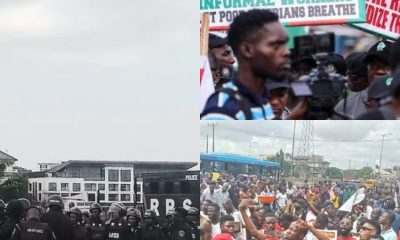News
Governors back state police as NEC defers talks until January
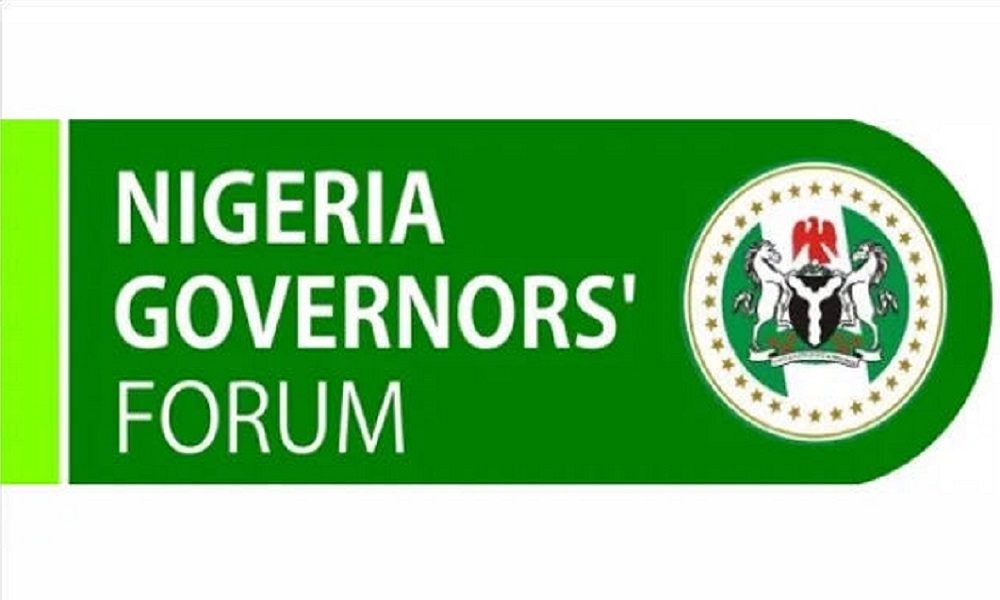
All 36 states have submitted their positions on State Police, with a majority agreeing on the need for state-controlled policing.
The Governor of Kaduna State, Uba Sani, revealed this to State House Correspondents after the 147th meeting of the National Economic Council at the Aso Rock Villa, Abuja, on Thursday.
He said, “Today, one of the discussions we had at the NEC meeting was the update on the creation of state police. As you are aware, there was a submission by states toward the establishment of state police.
“36 states have submitted, minus FCT. FCT is not a state. They explained why they had not submitted it. But 36 states have all submitted their own position on state police.
“From what is available, virtually most of the states are in agreement with the establishment of state police in Nigeria. I want to say here clearly that most of us are in agreement with the establishment of State Police.”
The Kaduna State Governor explained that the consensus stemmed from various security challenges across states.
He highlighted the central issue of ungoverned spaces in Nigeria and the acute shortage of security personnel, including the police, army, and other relevant agencies, which are unable to cover all areas adequately.
“That is why most of us agreed that the establishment of state police in Nigeria is the way forward toward addressing the problem of insecurity in our own country,” he stated.
However, the Council deferred final discussions until January, when a detailed report from the NEC secretariat will be presented for deliberation.
“But today, the Council decided to step down the discussion until the next council meeting because we need to come up with a report from the secretariat. After the report, there will be deliberation at the next NEC meeting, which will likely take place in January.
“Not only that. There was also a resolution in the last NEC meeting, which today the secretariat agreed on, stating that there will be further stakeholder engagement after the panel and deliberation by the members of the NEC.”
At its 146th meeting on November 21, the Council gave Adamawa, Kebbi, and Kwara States and the FCT one week (November 28) to submit their positions on the proposed creation of state police.
“The Council mandated these remaining states and FCT to make their submissions within the next one week,” the Bayelsa State Governor, Mr Duoye Diri, told State House Correspondents.
Diri said the three states and the nation’s capital are the only entities yet to submit reports out of the 36 states.
On February 15, 2024, the Federal Government, alongside the 36 states, began talks expected to culminate in the creation of state police.
This formed part of agreements reached at an emergency meeting between President Bola Tinubu and state governors at the Aso Rock Villa, Abuja.
It followed the pockets of insecurity recorded nationwide, hikes in food price,s, and economic hardship.
Addressing State House Correspondents afterward, the Minister of Information and National Orientation, Mohammed Idris, explained that the process was still in its infancy and would only take shape after more deliberations between stakeholders.
“The Federal Government and the state governments are mulling the possibility of setting up state police,” said Idris, adding that “this is still going to be further discussed.”
He explained, “A lot of work must be done in that direction. But if our government and the state governments agree to the necessity of having state police, this is a significant shift.”
Two days earlier, the House of Representatives said it was considering a legislative bill titled, ‘A bill for an Act to alter the constitution of the Federal Republic of Nigeria, 1999, to provide for the establishment of State Police and related matters.’
Following this agreement, the National Economic Council requested each state to submit detailed reports outlining their positions and plans for implementing state police. By March 2024, 16 states had submitted their reports, with the remaining 20 expected to do so by May.
In April 2024, the Nigeria Governors’ Forum announced that the decisions of the remaining 20 governors were ready for submission to the NEC, indicating a unified commitment among the states to establish state police forces.
Despite these, as of the last NEC meeting, the implementation of state police remains only in the planning stages as the FG and state authorities continue to haggle on the constitutional amendments required to empower states to establish and manage their police forces.
Asked why the process has been slow-paced in the past nine months, the Bayelsa Governor argued that the Council is determined to hasten the process and get its members to submit their reports by November 28.
“On the issue of state police today, when the decision was taken, even before it was, the three states in question, one of them [Adamawa] was represented by the Deputy Governor, had earlier made submissions that they presented their report.
“So that was why NEC could not come out immediately to say ‘A or B,’ but rather give a timeline. And that timeline, as you can see, was very short: one week for them to go and do whatever they are doing so that decisions will be made by the next NEC meeting. And, from how they reacted, I’m sure that maybe we have some bureaucracy regarding the submission.”
The debate for creating state police in Nigeria primarily stems from the centralised nature of the Nigerian Police Force, which many security pundits perceive as inadequate for addressing the unique security challenges across the country’s diverse regions.
Proponents argue that the outfit would bring law enforcement closer to the communities they serve, enhance the effectiveness of policing, and allow for more localised control over security matters.
However, opponents fear that state police could lead to the abuse of power, particularly in states with firm political control, potentially exacerbating regional tensions and undermining national unity.
News
FAAC shares N1.578tr to federal, states, councils for March 2025
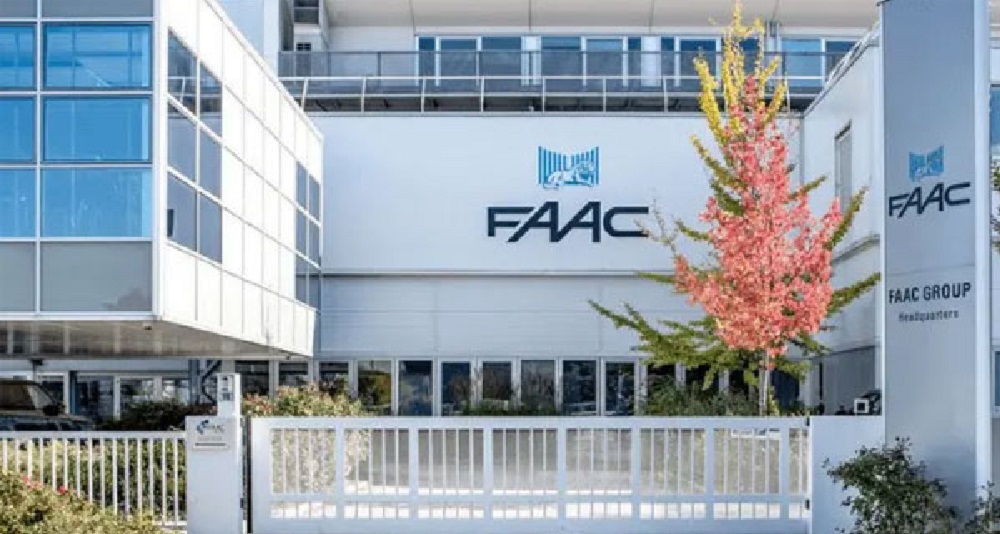
Monthly disbursements to the federal, states and local government areas dropped for the third consecutive time yesterday. The Federation Account Allocation Committee (FAAC) shared N1.58 trillion to the three tiers for March
The committee announced N2. 411 trillion as the total revenue generated in March at its April meeting in Abuja yesterday.
The total distributable revenue comprised N931.325 billion from statutory sources, N593.750 billion from Value Added Tax (VAT), N24.971 billion from the Electronic Money Transfer Levy (EMTL) and N28.711 billion from Exchange Difference revenue.
According to the communiqué issued by FAAC, the gross revenue available for March stood at N2.411 trillion. The deductions for cost of collection stood N85.376 billion, while N747.180 billion went to transfers, interventions and refunds accounted consumed.
Despite the lower net revenue available for distribution, the March statutory revenue of N1.718 trillion showed an increase of N65.422 billion over the N1.653 trillion received in February.
However, revenue from Value Added Tax (VAT) dropped to N637.618 billion last month from the February figure of N654.456 billion – a decrease of N16.838 billion.
From the total distributable sum of N1.578 trillion, the federal government received N528.696 billion; states collectively got N530.448 billion, while the 774 local government areas received N387.002 billion. Additionally, N132.611 billion – representing 13 per cent of mineral revenue – was allocated to oil-producing states as derivation revenue.
The breakdown of the N931.325 billion statutory revenue shows that the federal government took N422.485 billion, the states got N214.290 billion and N165.209 billion shared to the councils. The oil-producing states received N129.341 billion from this component as derivation revenue.
From the VAT pool of N593.750 billion, the federal government got N89.063 billion, states got N296.875 billion and the local government areas got N207.813 billion.
For the EMTL revenue of N24.971 billion, the federal government took N3.746 billion, states received N12.485 billion and local government areas went home with N8.740 billion.
In the case of Exchange Difference revenue of N28.711 billion, the federal government received N13.402 billion, states N6.798 billion and local government areas was allocated N5.241 billion. A further N3.270 billion from this revenue was distributed as 13 per cent derivation to oil-producing states.
A deeper look into the revenue trends shows that while Petroleum Profit Tax (PPT) and Companies Income Tax (CIT) increased significantly during the month under review, several other key sources witnessed declines.
These include Oil and Gas royalty, EMTL, VAT, Excise Duty, Import Duty, and Common External Tariff (CET) Levies.
News
Nigeria Police face backlash over viral cash gift video
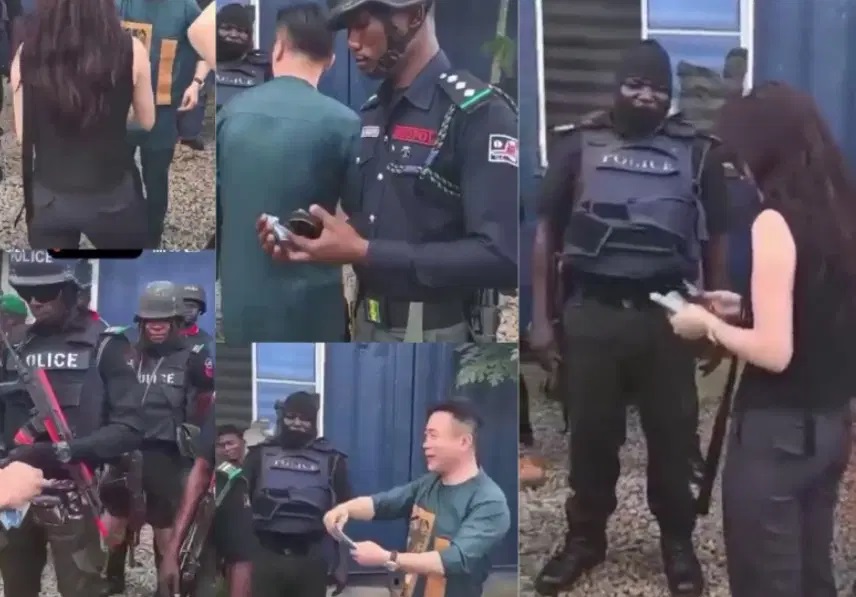
A viral video showing several Nigerian police officers allegedly receiving N5,000 each from a Chinese man and his family has sparked widespread outrage and renewed concerns over corruption and ethics in the Nigeria Police Force.
The footage, which surfaced online, shows uniformed officers lining up as a Chinese man hands them cash gifts.
The incident has drawn sharp condemnation from the public and human rights advocates, who described it as disgraceful and damaging to the image of the police.
When contacted by Vanguard, Force Public Relations Officer, ACP Olumuyiwa Adejobi, said he was unaware of the viral video or the incident.
Similarly, the Lagos State Police Command distanced itself from the footage. Its spokesperson, CSP Benjamin Hundeyin, clarified that the incident did not occur in Lagos, contrary to claims circulating online.
Public figures have also weighed in. Omoyele Sowore, former presidential candidate of the African Action Congress (AAC), described the video as “shameful” and called for the removal of the IGP.
“This is why I keep saying illegal IGP Kayode Egbetokun must leave the police force. It is the shame of the nation,” he wrote in a Facebook post.
Popular social commentator and human rights activist Martins Victor Otse, also known as VeryDarkBlackMan, called the act “disgraceful, disrespectful, and degrading,” urging the police leadership to address the matter transparently.
The incident has intensified calls for accountability, with many Nigerians demanding disciplinary action and systemic reforms to restore public confidence in the police force.
News
Easter celebration: FG declares Friday, Monday public holidays

The Federal Government has declared Friday, April 18, and Monday, April 21, 2025, as public holidays to mark Good Friday and Easter Monday.
This was disclosed by the Minister of Interior, Dr Olubunmi Tunji-Ojo, on Tuesday.
He emphasised the importance of embodying the virtues of the sacrifice and love displayed by Jesus Christ, who had to die for the redemption of man, while greeting Christians on the joyous occasion.
In a statement by the Permanent Secretary in the ministry, Dr Magdalene Ajani, the minister called on Nigerians to use the holiday period to pray for the peace, unity, and stability of the nation.
He reassured citizens of President Bola Tinubu’s commitment to the Renewed Hope Agenda, which seeks to foster national growth and development.
“Furthermore, he encouraged Nigerians to extend love and goodwill to their neighbours through acts of kindness and generosity.
“The minister wished all Christians a blissful Easter celebration and extended warm holiday greetings to all Nigerians,” the statement added.
-

 News21 hours ago
News21 hours agoTears, anguish as Plateau Community buries 51 killed by bandits
-

 News20 hours ago
News20 hours agoSHOCKING! One month after giving birth, woman discovers another baby in her womb
-

 News18 hours ago
News18 hours agoCBEX: 60 fraudulent Ponzi scheme operators to avoid in Nigeria
-

 News20 hours ago
News20 hours agoAngry investors raid CBEX office, loot assets in Ibadan after digital Platform crash
-

 Politics20 hours ago
Politics20 hours agoIgbo Youths Set To Mobilize 5 Million Man-March In Support Of Tinubu, Kalu
-

 News20 hours ago
News20 hours ago‘Not something I’d wish on anyone’ — Melinda Gates opens up on divorce
-

 News17 hours ago
News17 hours agoAgbakoba questions inconsistencies in Natasha’s sexual harassment allegations against Akpabio
-
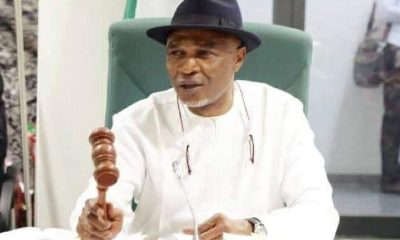
 News15 hours ago
News15 hours agoReps Minority Caucus decries incessant tanker fire explosions, call for decisive actions to avert future occurrences




